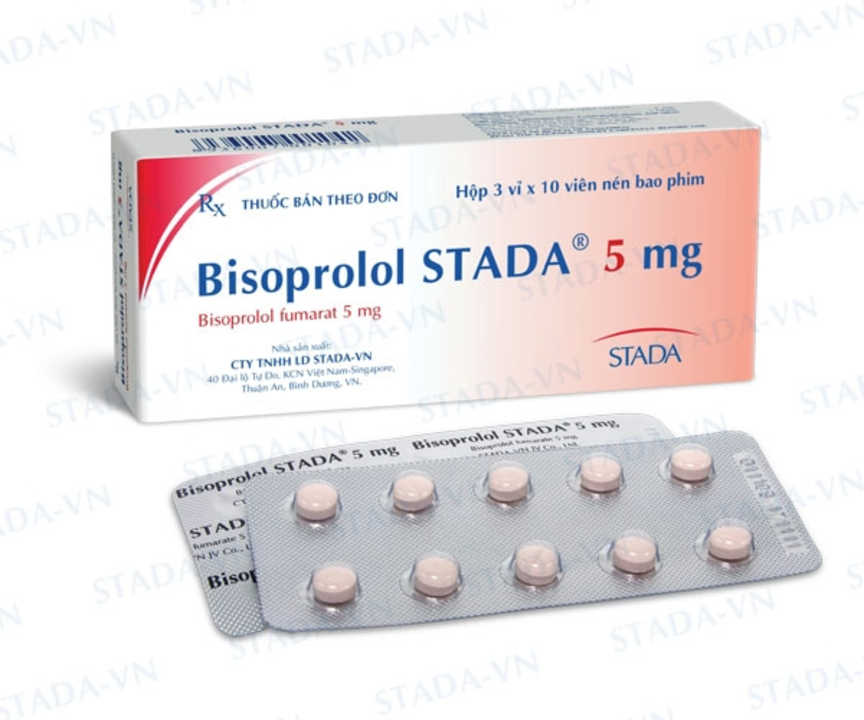Biosoprolol (bisoprolol): what you need to know
If you landed here searching for "biosoprolol," you probably mean bisoprolol — a common beta blocker used for high blood pressure and heart problems. This page gives clear, useful facts: why doctors prescribe it, common side effects, simple dosing notes, and practical tips to stay safe while taking it.
What biosoprolol does and when it’s used
Bisoprolol slows the heart rate and lowers blood pressure. That reduces the heart’s workload and helps prevent chest pain (angina), heart rhythm problems, and complications after heart attacks. Doctors also use it for chronic heart failure in specific patients. It’s not a quick fix — it works best as part of a long-term plan with lifestyle changes and other meds if needed.
If your doctor prescribes biosoprolol, they want to lower your risk of future heart events and make daily symptoms easier to manage. Keep in mind the spelling mix-up: biosoprolol on the web usually refers to bisoprolol, the same active medicine.
Common side effects and safety tips
Most people tolerate bisoprolol well, but expect some possible side effects at the start. The usual ones are tiredness, slow heartbeat, dizziness when standing, and cold hands or feet. If you feel shortness of breath, severe dizziness, fainting, or a very slow pulse, contact your doctor right away.
Simple safety tips:
- Take it at the same time each day, usually in the morning. Follow your prescription exactly.
- Do not stop suddenly. Stopping quickly can make chest pain or heart problems worse. Talk to your doctor before changing doses.
- Avoid heavy alcohol while learning how the drug affects you — it can increase dizziness and drowsiness.
- Check your pulse occasionally. If it drops below levels your doctor advised, call their office.
Typical starting doses vary: for high blood pressure doctors often start at 2.5–5 mg once daily and adjust as needed. For heart failure or after a heart attack, dosing may start lower and be increased slowly under medical supervision. Always follow your prescriber's plan — these are common ranges, not instructions for everyone.
Watch for interactions. Bisoprolol can interact with other blood pressure meds, some antidepressants, certain asthma drugs, and heart rhythm medicines. Tell your doctor about all prescriptions, over-the-counter drugs, and supplements you take.
Pregnancy and breastfeeding: discuss with your doctor. Beta blockers can affect fetus or newborn in some cases, so doctors weigh risks and benefits before prescribing.
Missed dose? Take it when you remember unless it’s near your next dose; don’t double up.
If you want to compare biosoprolol with other treatments or learn about related meds and care strategies, check articles on blood pressure control, heart failure management, and common drug alternatives. Ask your pharmacist or GP for tailored advice — they can match medical facts to your situation quickly.
As a blogger, I recently came across the topic of Biosoprolol and its role in managing angina. Angina is a condition characterized by chest pain that occurs when the heart doesn't receive enough oxygen-rich blood. Biosoprolol, a type of beta-blocker, has been proven to be effective in treating angina by decreasing the heart's workload and oxygen demand. By doing so, it helps to alleviate chest pain and improve overall heart function. In summary, Biosoprolol plays a crucial role in the management of angina, making it an important medication for those suffering from this condition.

